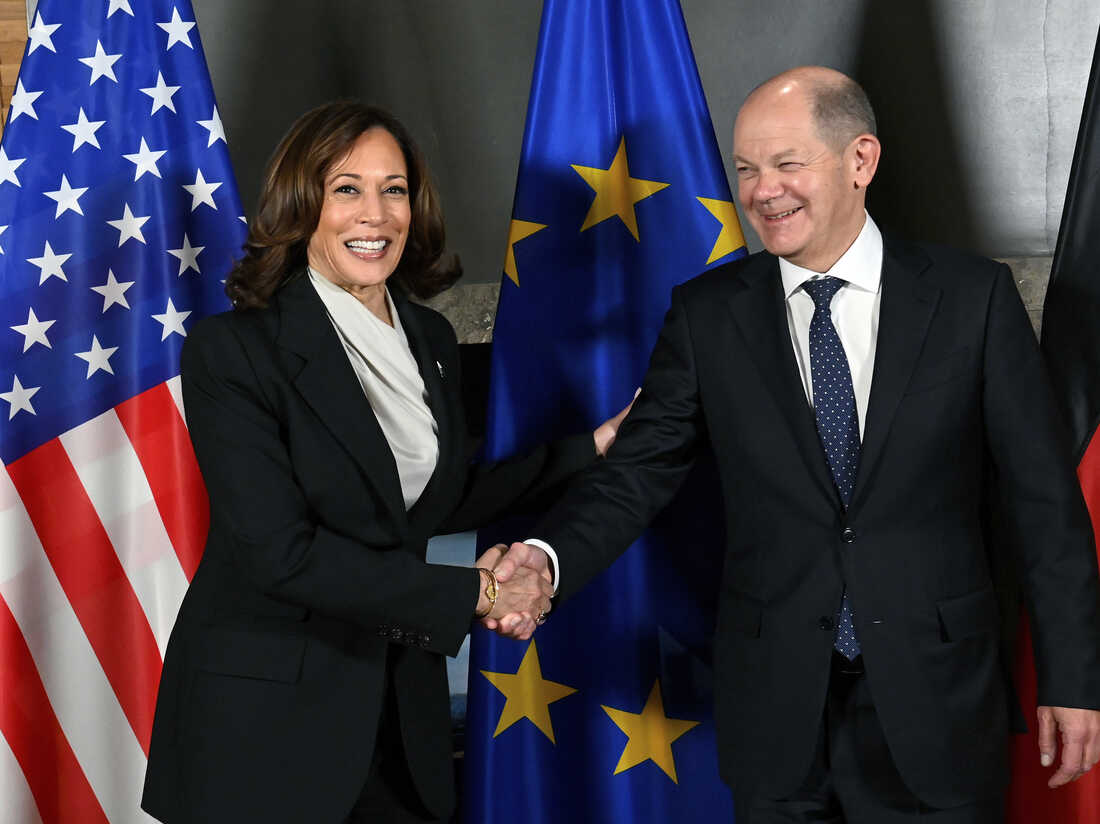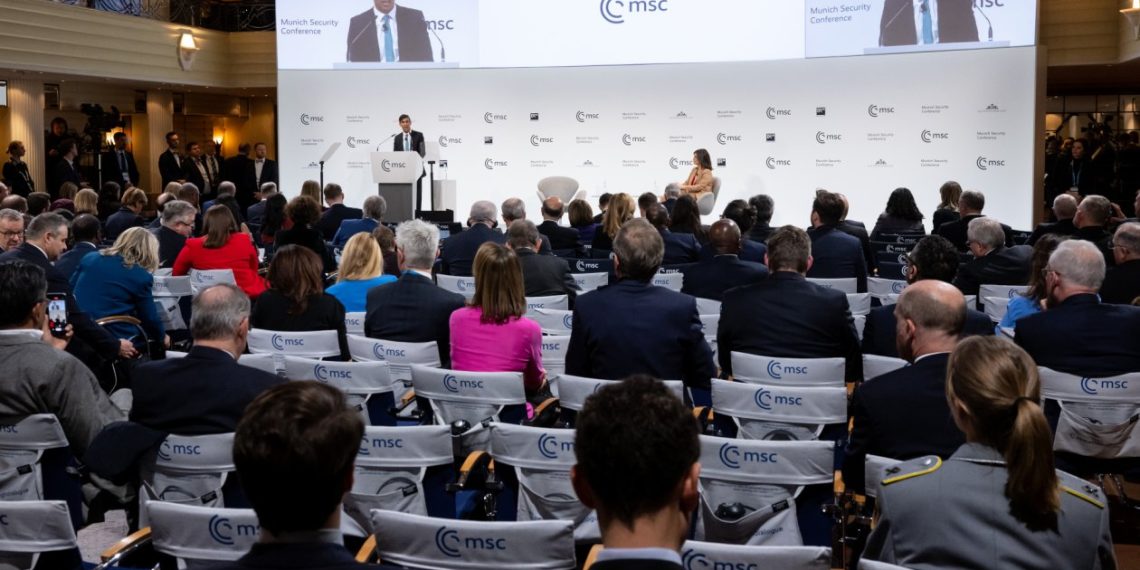Global leaders converge at Munich Security Conference amid mounting tensions in Israel and Ukraine, and concerns over US commitment to allies.
German Chancellor Olaf Scholz, US Vice President Kamala Harris, and Ukrainian President Volodymyr Zelenskiy headline attendees, addressing critical defense and diplomatic issues. The conference coincides with ongoing conflicts in Gaza and Ukraine, stirring regional anxieties.
NATO Secretary-General Jens Stoltenberg highlights heightened global peril, emphasizing the need for collective security measures. Discussions at the conference include a range of topics, from addressing the Israel-Palestine conflict to the enduring threat posed by Russia’s actions in Ukraine.
British Foreign Secretary David Cameron underscores the urgency of planning for post-conflict scenarios, stressing the importance of a political horizon for Palestinians and addressing Israeli security concerns.
Israeli Foreign Minister Israel Katz, making his inaugural appearance at the conference, reaffirms Israel’s commitment to security and the release of hostages. Meanwhile, Ukrainian President Zelenskiy advocates for increased support amid delays in US military aid.
Concerns grow over Russian aggression, with officials warning of potential expansion beyond Ukraine. The absence of Russian representation at the conference reflects a lack of interest in constructive dialogue, organizers note.

Amidst geopolitical tensions, uncertainties loom over the US commitment to its allies, particularly in light of former President Donald Trump’s statements questioning NATO support. Vice President Harris aims to reaffirm US global leadership and meet with key leaders to address pressing international challenges.
As the world grapples with conflicts in the Horn of Africa and the evolving dynamics with China, the Munich Security Conference serves as a crucial forum for shaping collective responses to global security threats.





